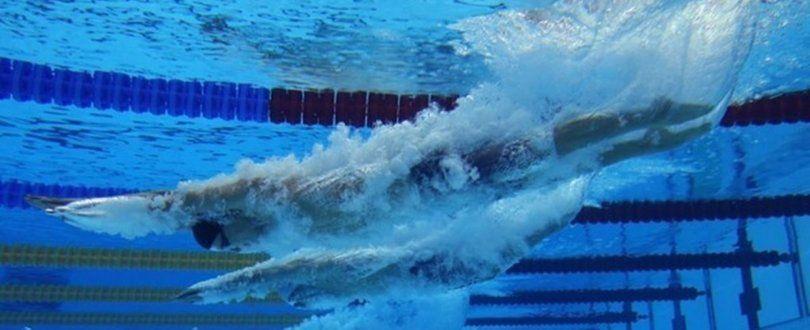
1. PHYSICAL QUALIFICATIONS: They can vary quite a bit between a group of same-sex swimmers. Some of course qualifications that are necessary for swimming such as age and height cannot be changed. But some others, such as the strength in the arms and legs can be easily changed. 5 factors affecting swimmers' performance
2. THE AGE: It seems to be one of the obvious factors affecting performance. And yet, studies done among swimmers of various ages show that performance declines at a very small rate until the age of 70, after which it plummets.
3. PLACEMENT IN THE CORRECT AGE GROUP: Another factor that affects our performance in competitions is where we are in age compared to other swimmers. Older swimmers have an advantage in experience, while smaller swimmers have an advantage in fitness. The differences between swimmers are more apparent when the gap exceeds 5 years.
4. THE SWIMMING TECHNICAL INFRASTRUCTURE: 5 factors that affect the performance of swimmers
"Continuation" is the correct technique that the swimmer has received. If you don't fully assimilate all the swimming styles, the difficulty later on in the competitive classes will be endless!
4. THE PERIODICITY AND STYLE OF SWIMMING TRAINING: The latest study proves that the training of champions lacks periodicity. Most athletes follow the same routine every day throughout the year. This is not so much the coach's fault as their culture. Periodicity is mainly used in childhood due to the need to adapt to school schedules, holidays and competition season. The study suggests 6 weeks of mild training, followed by 6 weeks of vigorous training.
5. SOCIAL LIFE: Periodicity in training can practically help champions who have obligations outside the pool to be more committed and not lose their fitness, since they can come back after a break without losing the quality of their swimming.
Saltamanikas Nikolas
TEFAA graduate, swimming specialty
Class A swimming coach

No Comments